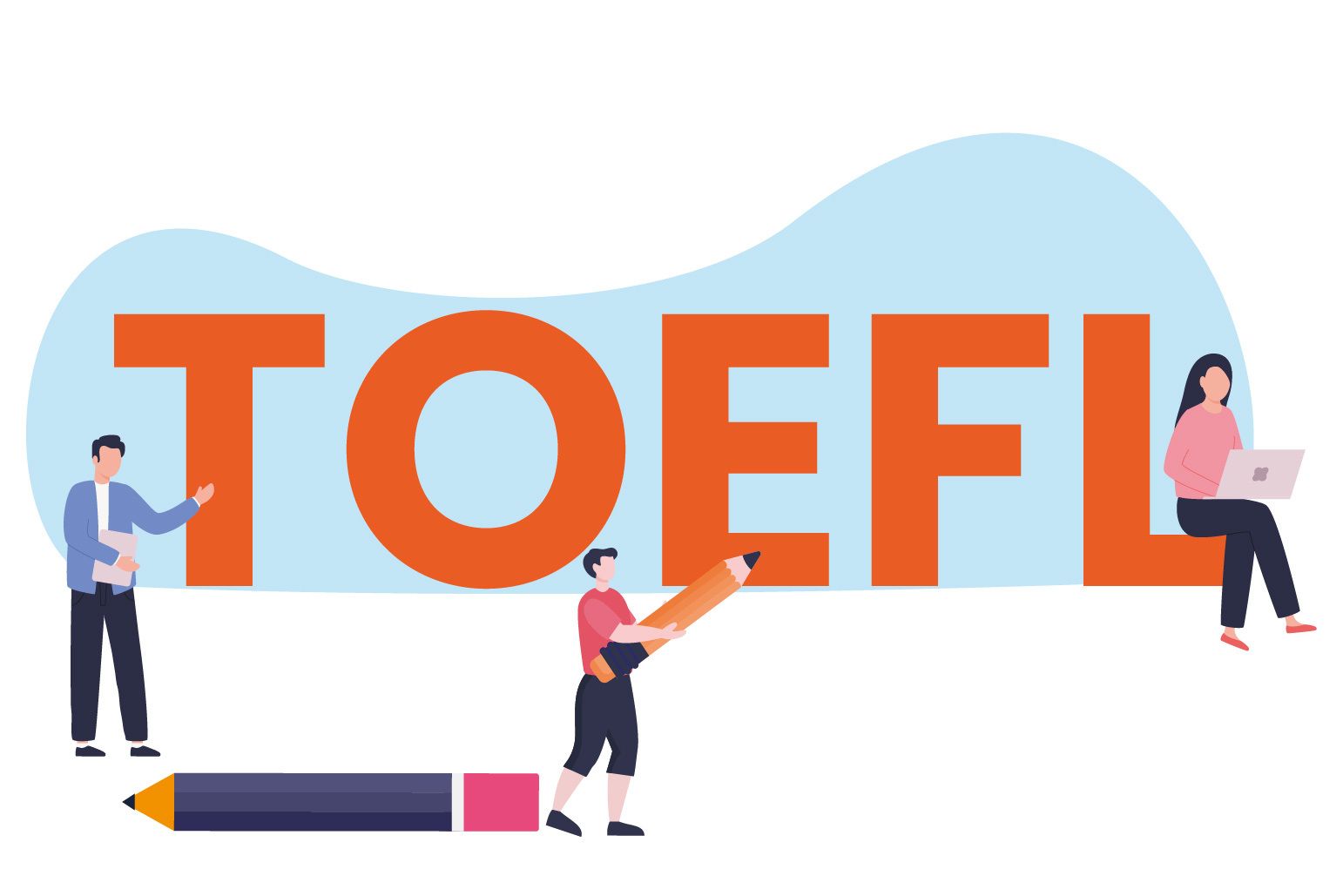Embarking on the journey of studying for the TOEFL is much like setting sail on uncharted waters; the unknown can seem daunting, but with the right tools and strategies, you can navigate through it successfully. By understanding how to tailor your study plan to suit your individual needs, you can unlock your full potential and ace the TOEFL exam. But where do you begin? Let’s uncover the essential steps and techniques that will guide you towards TOEFL success.
TOEFL Study Plan
- To create an effective TOEFL study plan, begin by assessing your current English language proficiency level. This step is crucial as it will help you identify your strengths and weaknesses, allowing you to focus your study efforts where they’re most needed. Once you have a clear understanding of your proficiency level, you can then allocate your study time efficiently. Effective time management is key to preparing for the TOEFL exam. Create a study schedule that suits your daily routine and ensures you cover all sections of the test adequately.
- Consider joining study groups to enhance your preparation. Study groups provide an opportunity to discuss difficult concepts, share study materials, and receive feedback from peers. Collaborating with others can also make studying more engaging and motivating. However, make sure the study group remains focused and productive to maximize its benefits.

Effective Self-Study Strategies
- After establishing your TOEFL study plan and understanding your proficiency level, now focus on implementing effective self-study strategies to further enhance your preparation. Time management is crucial when studying for the TOEFL exam independently. Create a study schedule that allocates specific time slots for each section of the test, allowing you to cover all areas adequately. Prioritize tasks based on your strengths and weaknesses to optimize your study sessions efficiently.
- Motivation techniques play a vital role in sustaining your TOEFL preparation. Set clear goals and rewards for achieving milestones in your study plan. Keep yourself motivated by visualizing success and reminding yourself of the reasons why you’re pursuing the TOEFL exam. Surround yourself with positive reinforcement, whether through study groups, inspirational quotes, or progress trackers to stay engaged and motivated throughout your self-study journey.
Utilizing Online TOEFL Resources
- When preparing for the TOEFL exam independently, make effective use of online TOEFL resources to enhance your study experience. Interactive exercises are valuable tools that can help you practice and improve your English skills in a dynamic and engaging way. These exercises allow you to test your knowledge, receive instant feedback, and track your progress over time.
- Video tutorials are another essential component of online TOEFL resources. They provide visual and auditory explanations of various language concepts, making it easier for you to understand complex topics. Watching video tutorials can help reinforce your learning, clarify any doubts you may have, and offer additional insights into the exam format and requirements.
Practice Tests and Mock Exams
- Make sure to incorporate practice tests and mock exams into your TOEFL study routine to assess your progress effectively and simulate the exam experience. Timed practice is crucial to help you manage your time efficiently during the actual test. By practicing with time constraints, you can improve your pacing and ensure you can complete all sections within the allocated time.
- Scoring accuracy is another benefit of utilizing practice tests and mock exams. These materials provide you with the opportunity to understand the TOEFL scoring system better and identify areas where you need improvement. By reviewing your answers and comparing them to the answer key, you can pinpoint your strengths and weaknesses, allowing for targeted studying.
- Moreover, mock exams offer a realistic exam simulation by including a variety of question types and formats similar to the actual TOEFL test. This exposure helps you become familiar with different question structures and enhances your ability to tackle any question that may appear on the exam.
Tracking Progress and Adjusting Study Plan
- To effectively gauge your progress while preparing for the TOEFL exam independently, regularly track your performance and make necessary adjustments to your study plan. Self-assessment is a crucial tool in understanding your strengths and weaknesses. Keep a study journal to note areas where you excel and those that need improvement. Reflect on your study habits – are you dedicating enough time to each section? Are there specific topics causing you more trouble? By identifying these patterns, you can tailor your study plan accordingly.
- Consistency is key; set aside time each week to review your progress. Use practice tests as benchmarks to measure improvement. If you find certain strategies aren’t working, don’t be afraid to switch them up. Perhaps you need more focus on vocabulary, or you realize you perform better with a study group. Flexibility in your approach is essential for growth. Remember, the goal isn’t just to study hard but to study smart. Adjustments based on your self-assessment will lead to a more efficient and effective study plan.
Conclusion
In conclusion, studying for the TOEFL exam on your own requires:
- A solid study plan
- Effective self-study strategies
- Utilizing online resources
- Practicing with mock exams
- Tracking your progress
By following these steps and making adjustments as needed, you can effectively prepare yourself for success on the TOEFL exam.
Good luck with your studies!